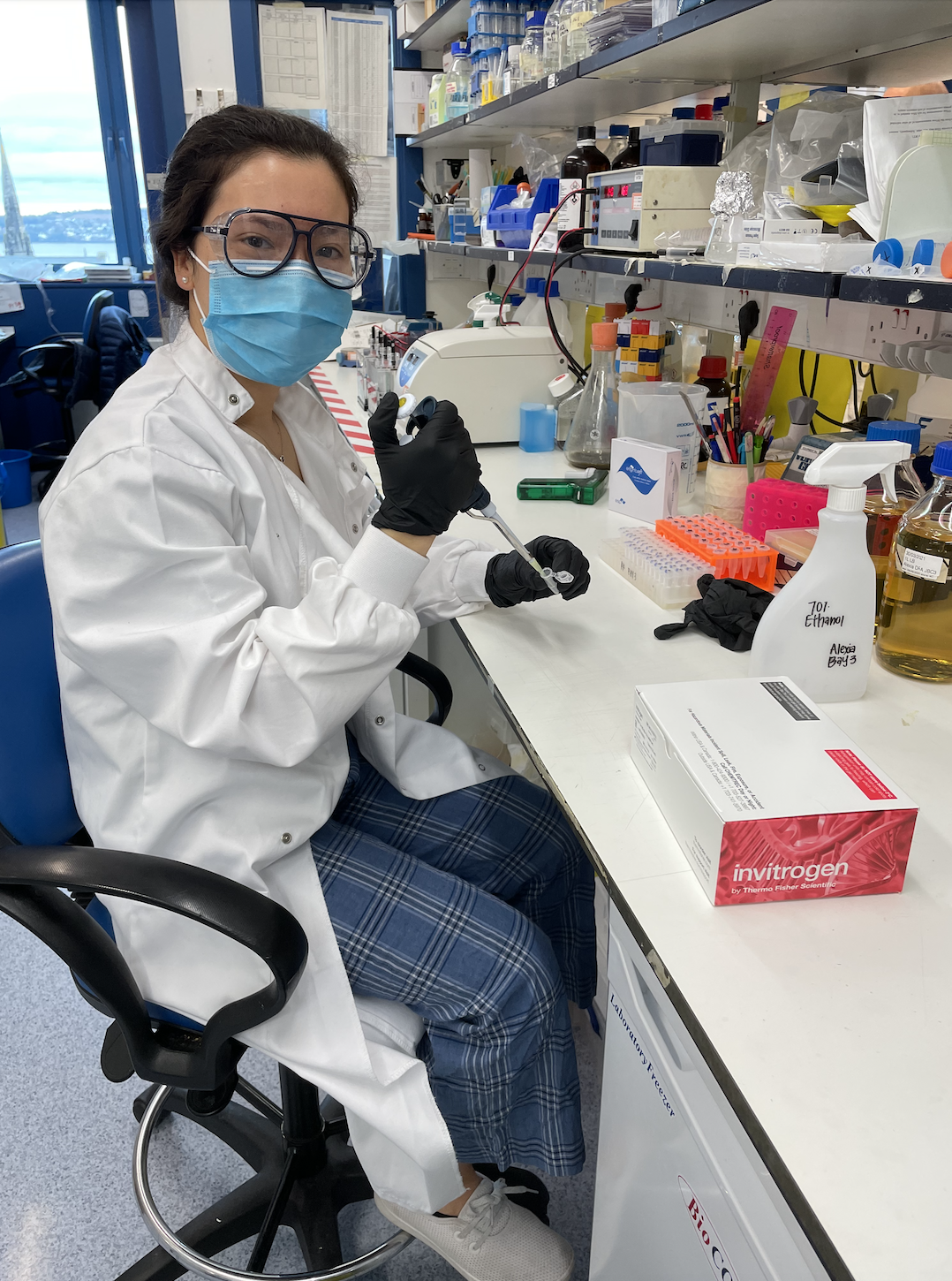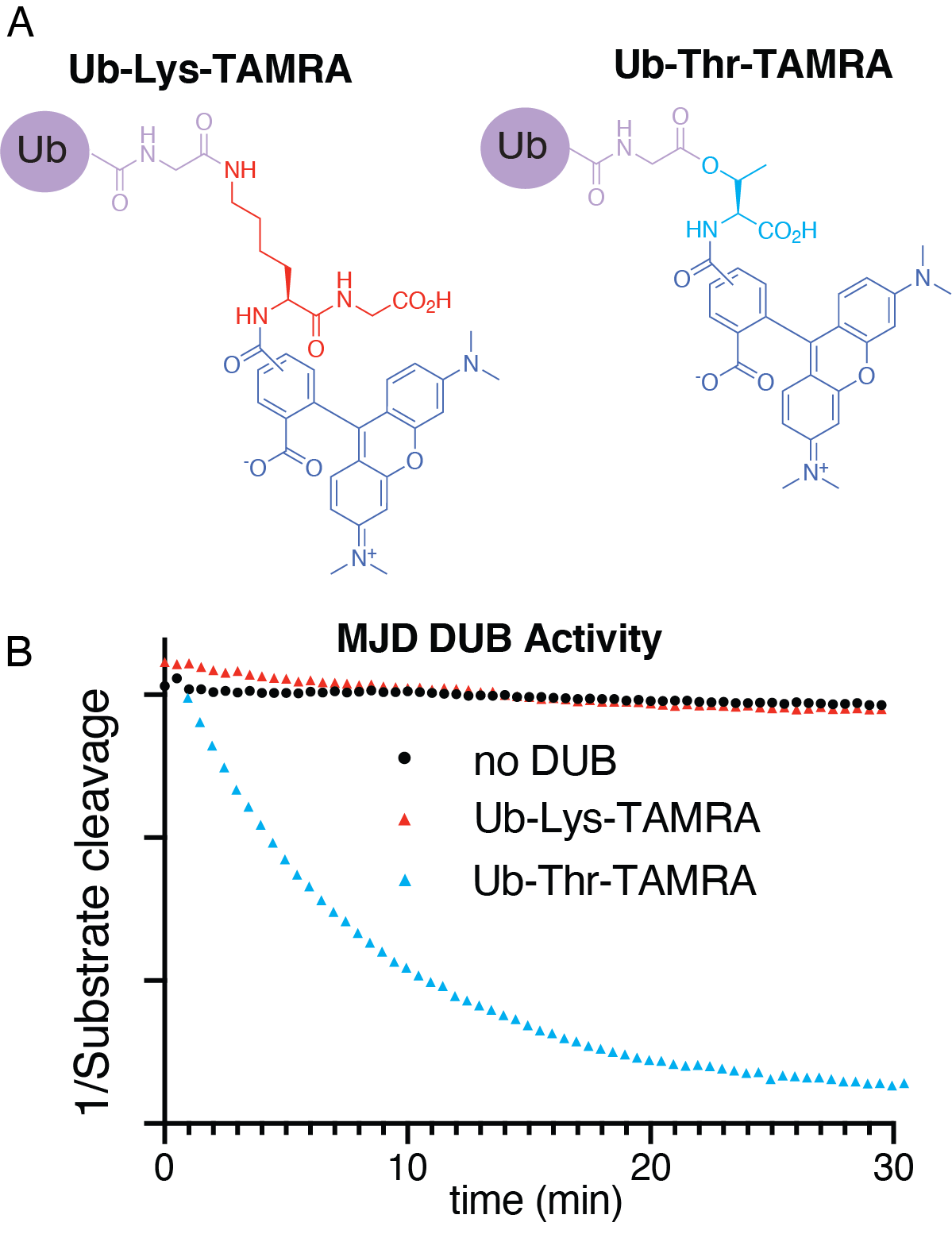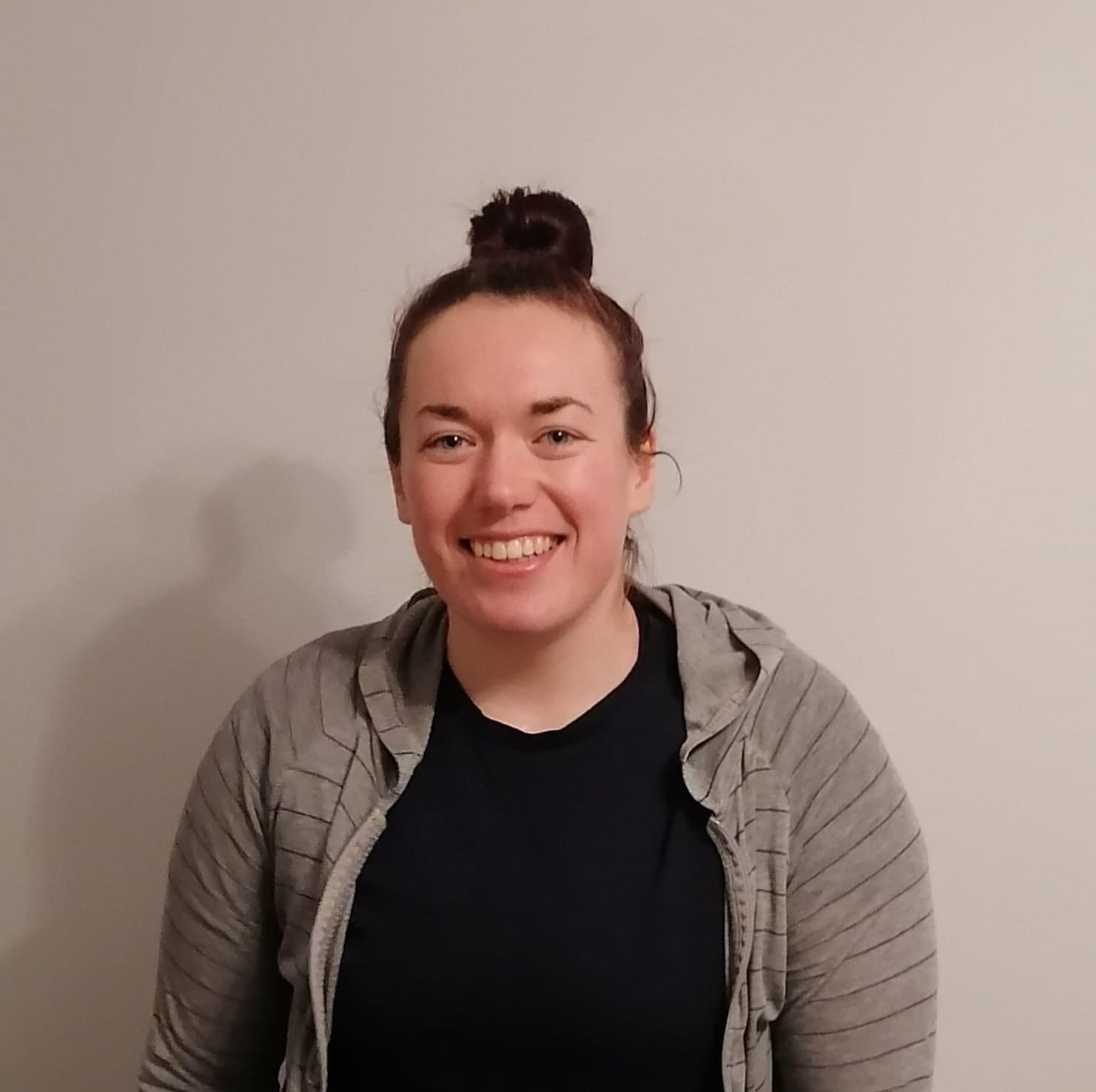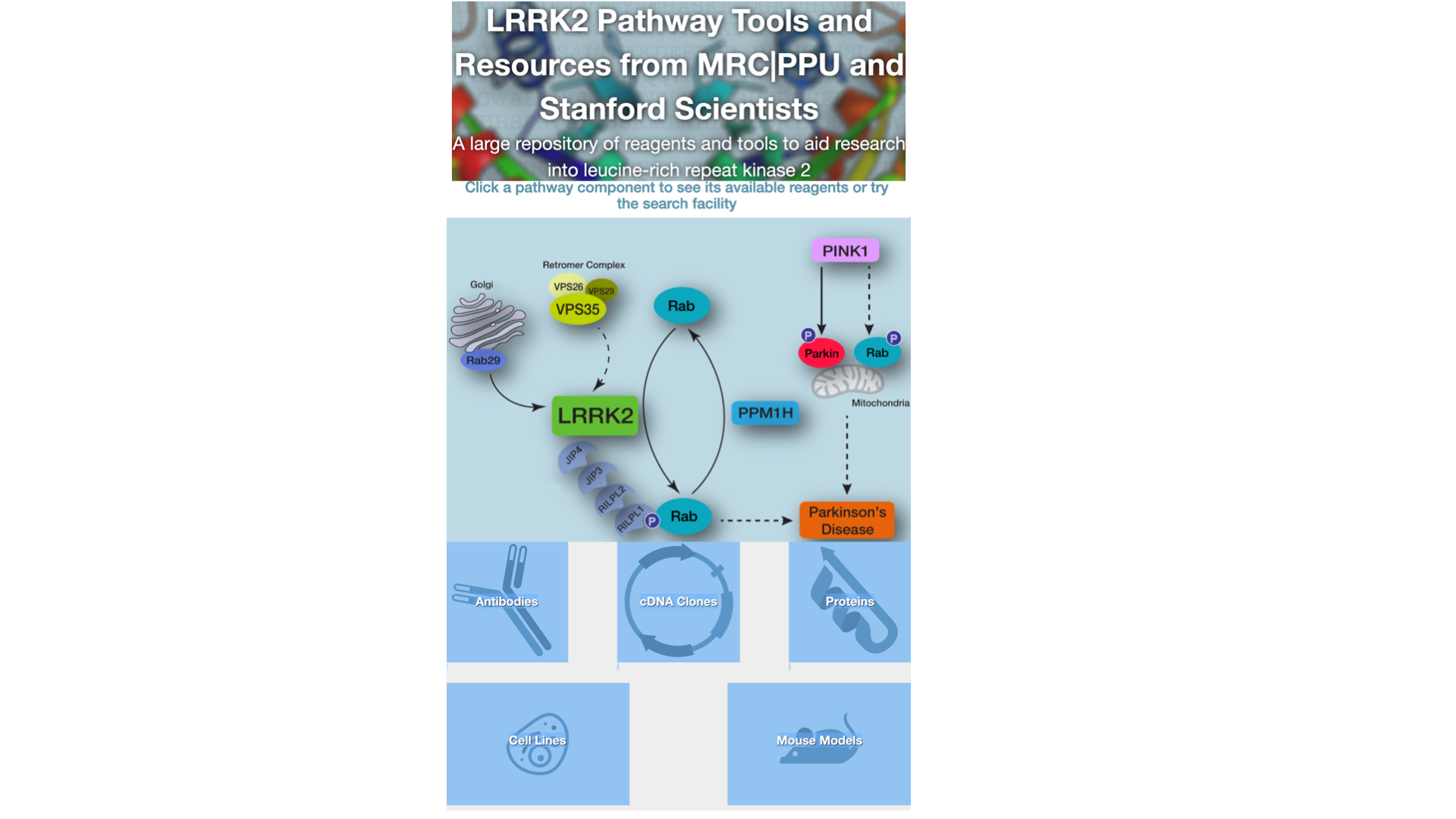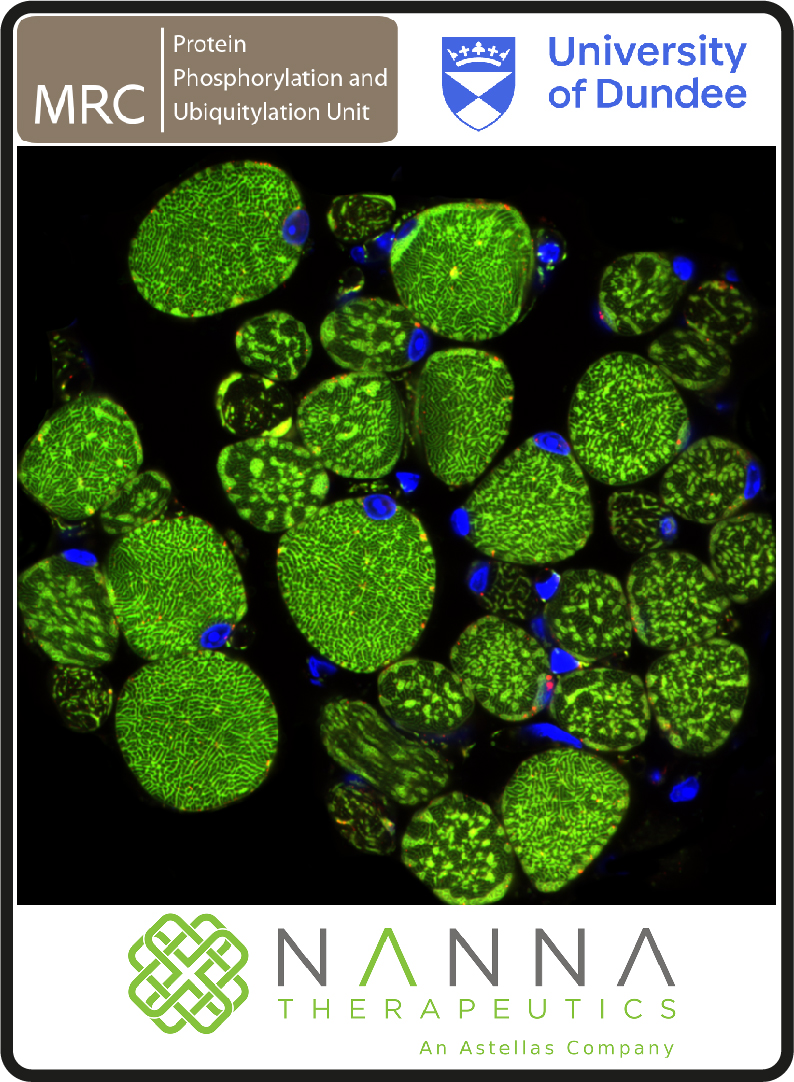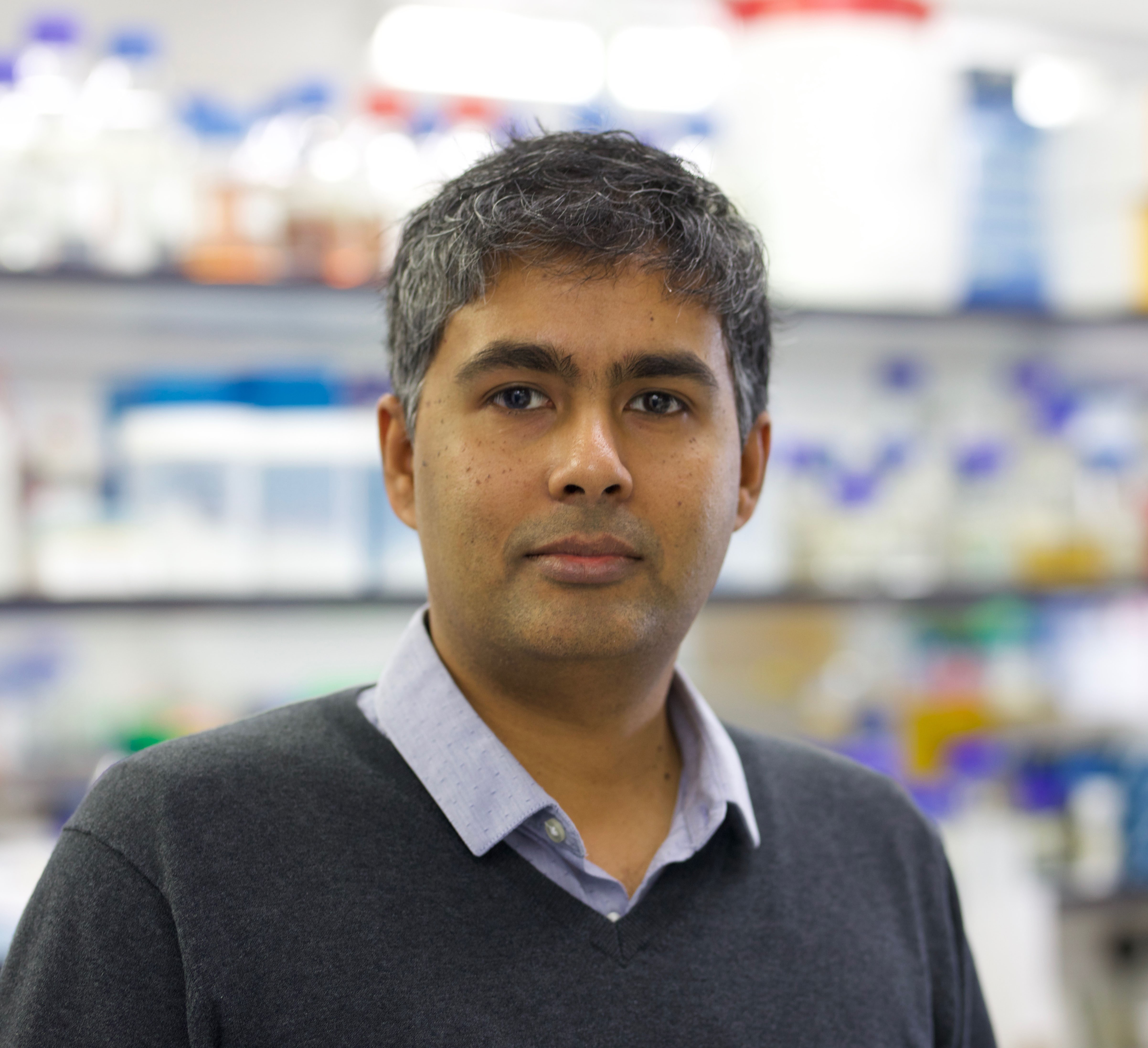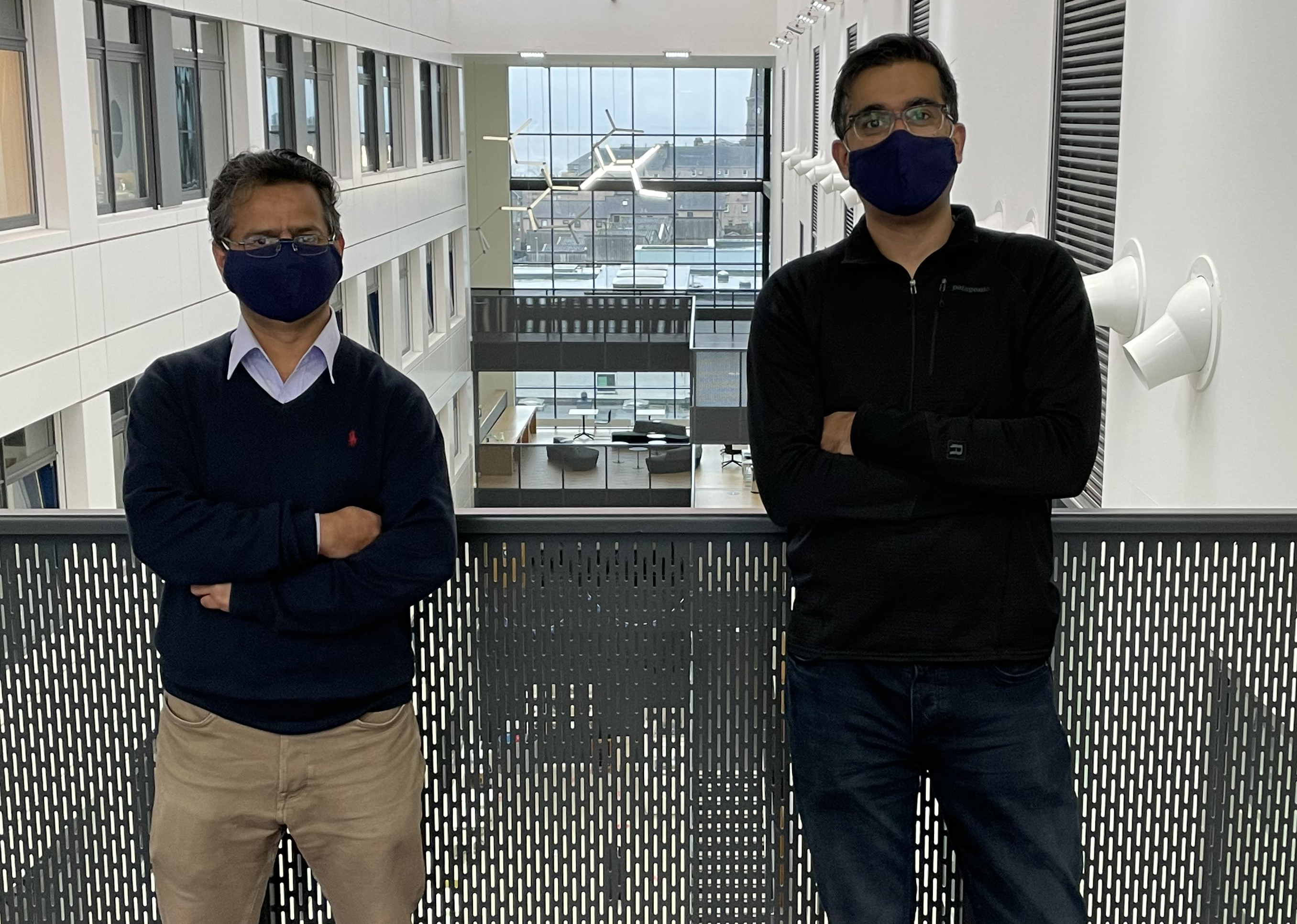I have worked in several research labs before, but I have never had the opportunity to speak and collaborate with people diagnosed with the condition that I am researching.
…moreNews
Giulia Saredi, a postdoctoral researcher in John Rouse’s group, has been awarded a SULSA Early Career Researcher Development funding grant. Giulia’s research proposal relates to her project ‘Faithful chromatin maintenance and germline integrity in C. elegans’.
…moreSatpal Virdee and his research group in the MRC PPU have uncovered a striking new role for a family of enzymes in a vital pathway that regulates cell activity and underpins our understanding of health and disease - the result of nearly a decade of collective and sustained scientific efforts to understand the ubiquitin pathway.
…moreWnt signalling pathway is fundamental during development but it’s overactivity drives many cancers, particularly colorectal cancers (CRCs). New research led by Karen Dunbar (postdoctoral fellow in Sapkota lab) has uncovered FAM83F as a novel mediator of the Wnt signalling pathway.
…moreTo help support worldwide research on LRRK2 biology, the groups of Dario Alessi and Miratul Muqit (University of Dundee) Suzanne Pfeffer and
…moreTo help support worldwide research on LRRK2 biology, the groups of Dario Alessi and Miratul Muqit (University of Dundee) Suzanne Pfeffer and
…moreDysfunctional mitochondria have been linked to a range of rare diseases, such as MELAS (Mitochondrial Encephalopathy, Lactic acidosis, and Stroke-like episodes), Pearson Syndrome and mitochondrial DNA depletion, as well as more prevalent diseases, including Parkinson’s.
…moreDr Yogesh Kulathu, MRC Investigator and Group Leader at the MRC PPU has just been awarded an European Research Council (ERC) Consolidator Grant of 2.1 million euros, that will enable his team to develop new technologies and methodologies to investigate unexplored areas of ubiquitin biology.
…more
Congratulations to MRC PPU PIs Gopal Sapkota and Satpal Virdee who have been promoted to Professorial Chairs by the University of Dundee.
…more


